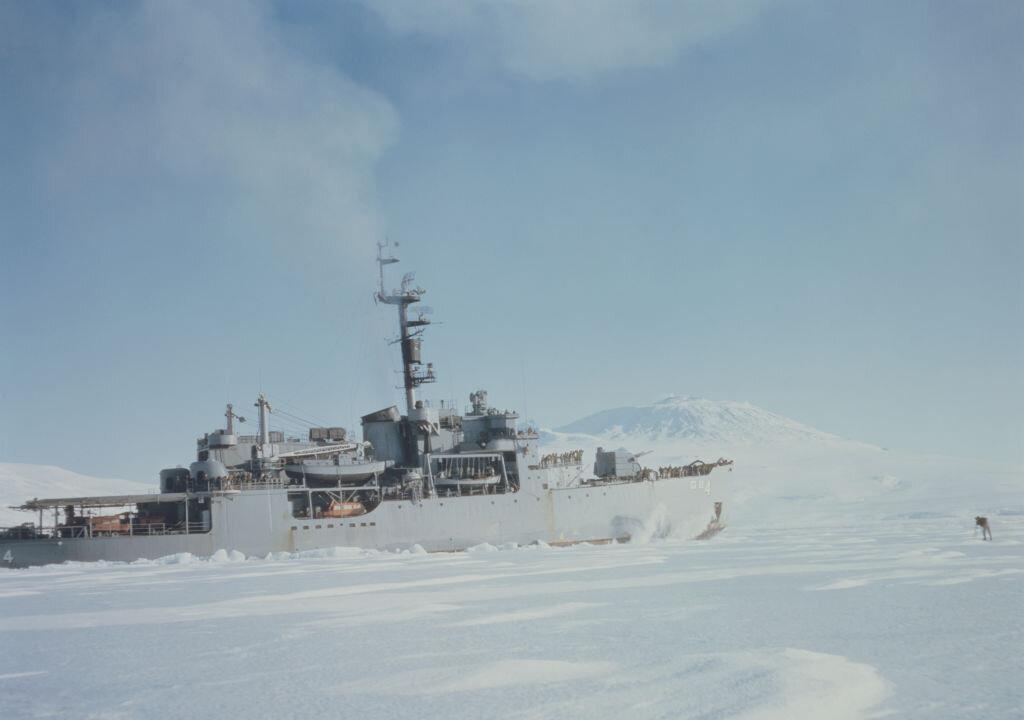Russia has discovered massive oil and gas reserves in the Antarctic region, prompting concerns that it would conduct drilling in the region, a move that would violate international policy.
According to documents submitted to the UK’s Commons Environment Audit Committee (EAC) last week, the reserves, located in British territory, have around 511 billion barrels worth of oil. This is equivalent to about 10 times the North Seas’ oil production for the past 50 years.




